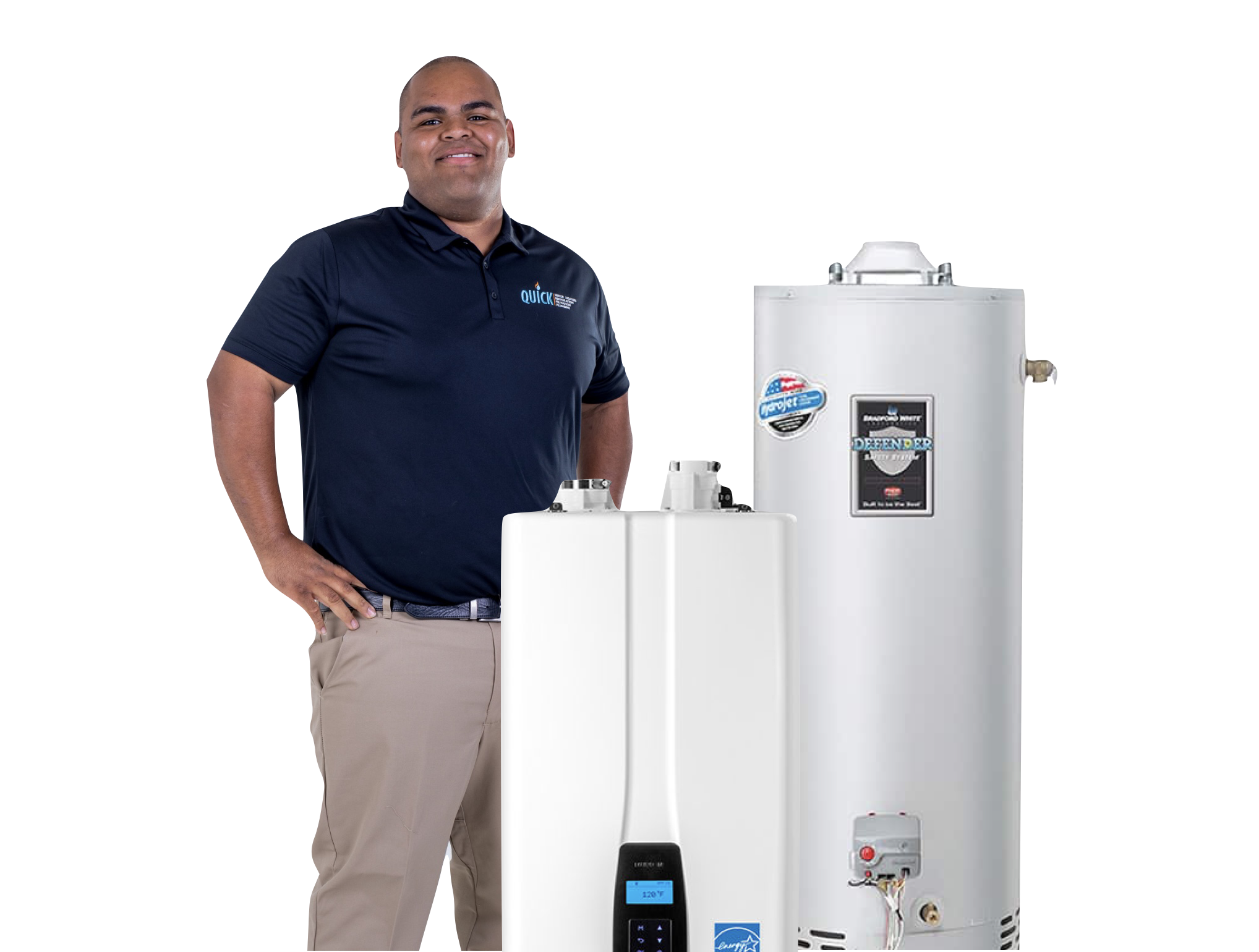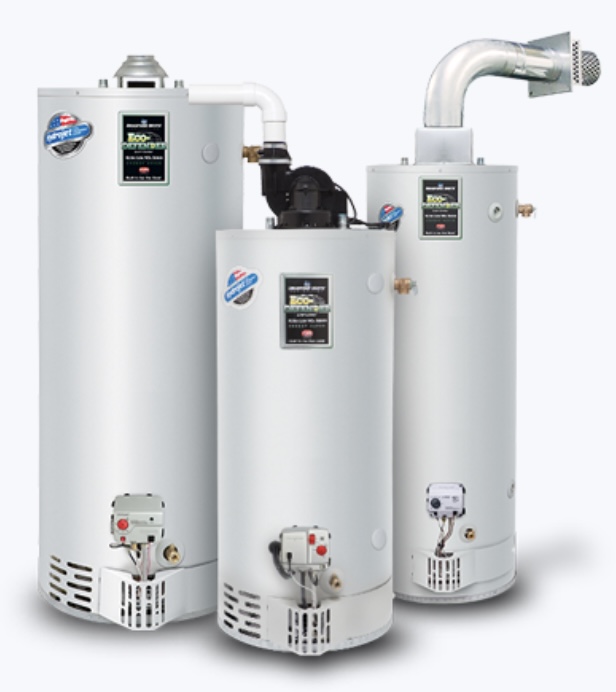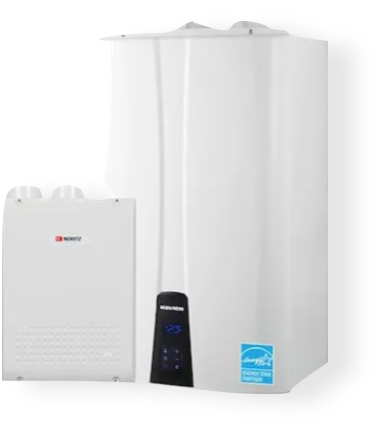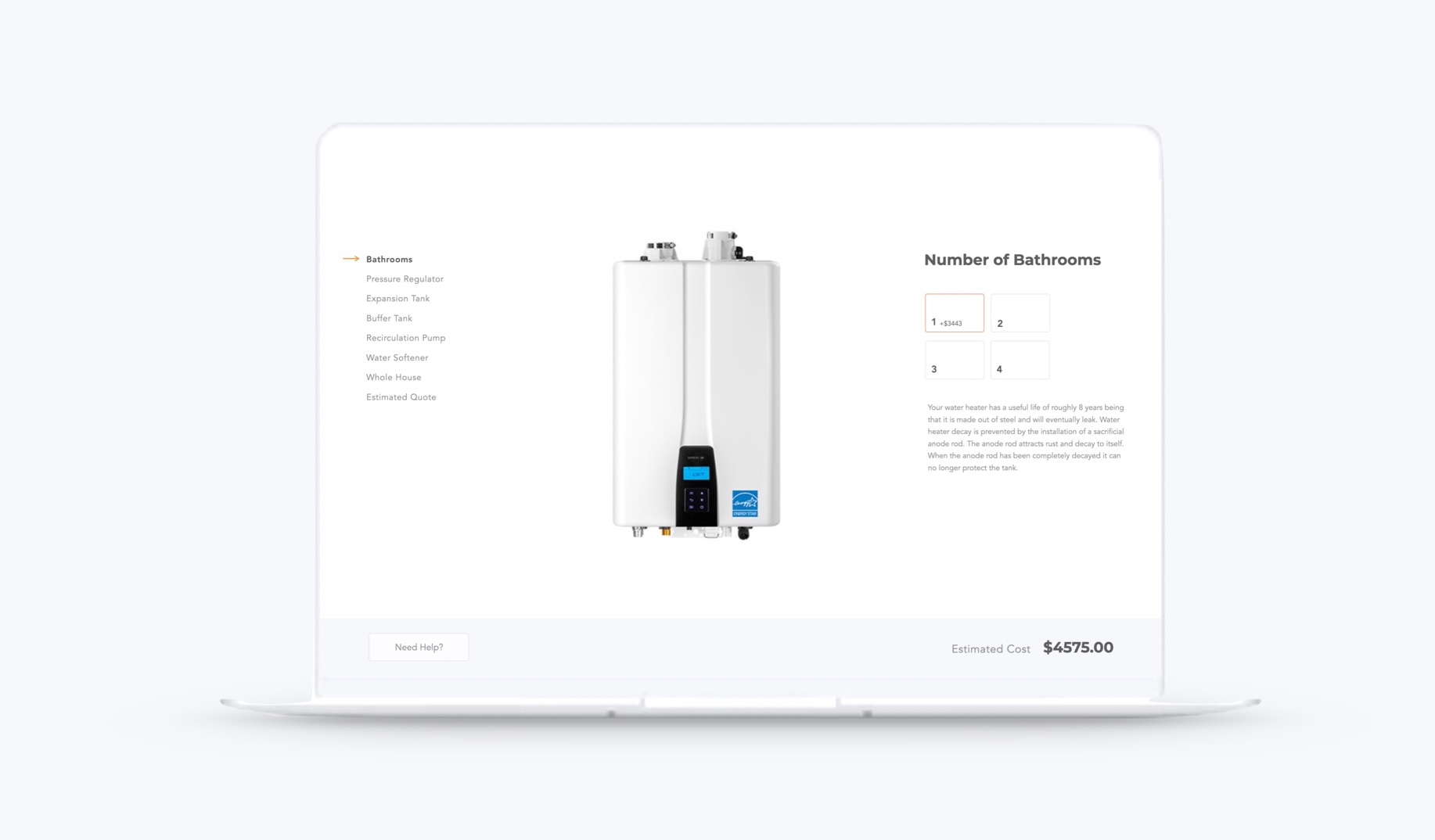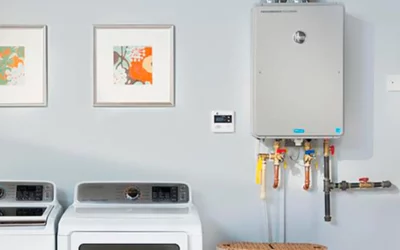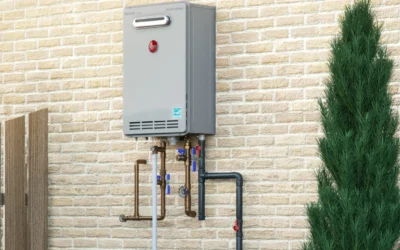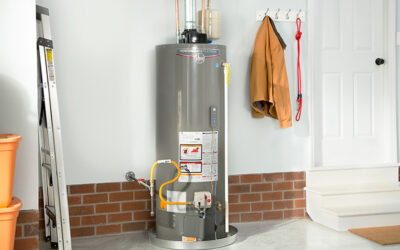Gas water heater repair troubleshooting involves identifying and addressing issues with gas water heaters. These appliances can experience various problems, such as a pilot light that won’t stay lit, no hot water, strange noises, or leaking water. To troubleshoot these issues, steps can be taken to check the gas supply, inspect the thermocouple, clean the burner, and flush the tank. However, certain signs may indicate the need for professional gas water heater repair, including persistent issues, the age of the water heater, the presence of a gas odor, or the importance of carbon monoxide detection. Additionally, there are frequently asked questions related to gas water heater repair, such as how often to flush the heater, whether self-repair is possible, what to do if a gas smell is detected, the typical lifespan of a gas water heater, and the significance of carbon monoxide detection.
Common Issues with Gas Water Heaters
Common issues with gas water heaters can include a pilot light that won’t stay lit, a lack of hot water, strange noises, and leaking water.
Pilot Light Won’t Stay Lit
If you are experiencing a pilot light that won’t stay lit on your gas water heater, there are a few troubleshooting steps you can take. Firstly, check to ensure that the gas supply to the heater is turned on and that the gas valve is fully open. If the gas supply is fine, the issue may lie with the thermocouple. Inspect the thermocouple for any signs of damage or corrosion and replace it if necessary. Another potential cause could be a dirty burner. Clean the burner by removing any debris or build-up that may be preventing the pilot light from staying lit. If none of these steps resolve the issue, it may be best to consult a professional for further assistance.
No Hot Water
If you are experiencing the issue of no hot water in your gas water heater, there are several potential causes that you can troubleshoot. First, check the gas supply to ensure that it is turned on and supplying enough gas to the heater. Next, inspect the thermocouple, which is a safety device that detects whether the pilot light is lit. If the thermocouple is faulty, it may need to be replaced. Another possible cause is a dirty burner, which can prevent the water from heating properly. Cleaning the burner can help resolve this issue. Lastly, flushing the tank can help remove any sediment or debris that may be affecting the heating process. By following these troubleshooting steps, you may be able to identify and resolve the issue of no hot water in your gas water heater.
Strange Noises
If you notice strange noises coming from your gas water heater, it could indicate a problem that needs to be addressed. These noises can range from popping and banging sounds to hissing or whistling sounds. One possible cause of strange noises is sediment buildup in the tank, which can create a layer of debris that causes the water to boil and make popping sounds. Another potential cause is a faulty heating element or a loose component within the heater. It is important to troubleshoot and identify the source of the strange noises in order to prevent further damage and ensure the efficient operation of your gas water heater.
Leaking Water
If you have a gas water heater and notice leaking water, it is important to address the issue promptly to prevent further damage. Leaking water from a gas water heater can be caused by various factors, such as a faulty pressure relief valve, a leaking tank, or loose connections. To troubleshoot and repair a leaking water heater, it is recommended to turn off the gas supply and water source to the heater. Next, inspect all connections and fittings for any signs of leakage. Tighten any loose connections or replace damaged parts as necessary. If the leaking persists, it is advisable to seek professional gas water heater repair services to ensure a safe and effective resolution.
Troubleshooting Steps for Gas Water Heater Repair
When troubleshooting gas water heater repair, there are several steps you can take to identify and resolve common issues. Here are the troubleshooting steps:
- Step 1: Check the Gas Supply – Ensure that the gas supply to the water heater is turned on and functioning properly.
- Step 2: Inspect the Thermocouple – Examine the thermocouple, a safety device that detects if the pilot light is lit. If it’s faulty, it may need to be replaced.
- Step 3: Clean the Burner – Clean any debris or sediment that may have accumulated on the burner, as this can affect the efficiency and performance of the water heater.
- Step 4: Flush the Tank – Regularly flushing the tank helps remove sediment buildup, which can cause reduced hot water output and efficiency.
By following these troubleshooting steps, you can often address common gas water heater issues and potentially resolve them on your own.
Check the Gas Supply
When troubleshooting a gas water heater repair, one important step is to check the gas supply. This involves ensuring that the gas valve is turned on and the gas line is properly connected. Additionally, it is essential to check for any gas leaks by using a gas leak detector or soapy water solution. If a gas leak is detected, it is crucial to immediately turn off the gas supply and contact a professional for assistance. By checking the gas supply, you can ensure that the gas water heater is receiving the necessary fuel to function properly.
Inspect the Thermocouple
Inspecting the thermocouple is an important step in troubleshooting and repairing a gas water heater. The thermocouple is a safety device that detects whether the pilot light is lit and allows the gas valve to open to heat the water. If the thermocouple is malfunctioning, it can cause the pilot light to go out or prevent the gas valve from opening, resulting in no hot water. To inspect the thermocouple, start by turning off the gas supply to the water heater. Remove the access panel to locate the thermocouple, which is usually located near the pilot light. Check for any visible signs of damage or corrosion on the thermocouple. If there are any issues, the thermocouple may need to be replaced. It’s best to consult a professional if you are unsure or uncomfortable with inspecting or replacing the thermocouple yourself.
Clean the Burner
To clean the burner of a gas water heater, follow these steps:
1. Turn off the gas supply: Before starting any maintenance work, it is crucial to turn off the gas supply to the water heater. Locate the gas shut-off valve, typically located near the heater, and turn it to the “off” position.
2. Remove the burner assembly: Open the access panel on the front of the water heater to gain access to the burner assembly. Carefully disconnect the gas line and remove the burner assembly from the heater.
3. Clean the burner ports: Inspect the burner ports for any dirt, debris, or soot buildup. Use a soft brush or a toothbrush to gently clean the ports and remove any obstructions. Be thorough, ensuring that all the ports are clean and clear.
4. Clean the burner surface: Wipe down the burner surface with a clean cloth to remove any dust or dirt. Pay special attention to the area around the burner ports.
5. Reassemble and test: Once the burner and burner ports are clean, reassemble the burner assembly and reconnect the gas line. Make sure all connections are tight and secure. Turn on the gas supply and relight the pilot light following the manufacturer’s instructions.
Regularly cleaning the burner helps maintain the efficiency and performance of your gas water heater. It ensures proper combustion and minimizes the risk of issues such as uneven heating or complete failure.
Flush the Tank
To flush the tank of a gas water heater, follow these steps:
- Turn off the gas supply to the water heater.
- Shut off the cold water supply valve.
- Attach a hose to the drain valve located at the bottom of the tank.
- Place the other end of the hose in a suitable drainage area, such as a floor drain or outside.
- Open the drain valve and allow the water to drain completely from the tank.
- Once the tank is empty, close the drain valve.
- Open the cold water supply valve to allow fresh water to fill the tank.
- Keep the hot water faucet in a nearby sink open to let air escape from the system.
- Once water starts flowing steadily from the faucet, close it.
- Turn on the gas supply and relight the pilot light if necessary.
This process helps remove sediment and debris that can accumulate in the tank, improving the efficiency and longevity of the gas water heater.
Signs You Need Professional Gas Water Heater Repair
If you notice persistent issues with your gas water heater, such as the pilot light not staying lit, no hot water, strange noises, or leaking water, it may be a sign that you need professional gas water heater repair. Additionally, the age of your water heater, the presence of a gas odor, and the importance of carbon monoxide detection are all factors that indicate the need for professional assistance. At Quick Water Heater, we provide top-rated water heater repair services in San Diego County, offering transparent pricing and the highest quality of service.
Persistent Issues
Persistent issues with your gas water heater can be a sign that professional repair is needed. These issues may include recurring problems with the pilot light, a consistent lack of hot water, strange noises coming from the heater, or a persistent water leak. It’s important not to ignore these issues, as they can indicate underlying problems that require expert attention. By addressing persistent issues promptly, you can ensure the proper functioning of your gas water heater and avoid potential safety hazards.
Age of the Water Heater
The age of your water heater is an important factor to consider when determining if you need professional gas water heater repair. As water heaters age, they become more prone to issues and may start to show signs of wear and tear. Typically, a gas water heater has a lifespan of around 8 to 12 years. If your water heater is approaching or exceeding this age range, it is more likely to experience problems and may require professional repair or replacement. Regular maintenance and inspections can help prolong the lifespan of your water heater, but it is important to be aware of its age to ensure you address any potential issues in a timely manner.
Gas Odor
If you detect a gas odor near your gas water heater, it is important to take immediate action. Gas odor can be a sign of a gas leak, which is a serious safety concern. First, ensure that all windows and doors are open to allow for ventilation and minimize the risk of ignition. Avoid using any electrical devices or open flames in the vicinity, as they can ignite the gas. Next, turn off the gas supply to the water heater by closing the gas shut-off valve. It is crucial not to operate any electrical switches or even use your phone until you are in a safe location away from the potential gas leak. Finally, contact a professional gas water heater repair service or your gas company to inspect and repair the issue.
Carbon Monoxide Detection
Carbon monoxide detection is an essential aspect of gas water heater maintenance and repair. Carbon monoxide is a colorless and odorless gas that can be produced by faulty gas water heaters. It is highly toxic and can pose serious health risks if not detected early. Therefore, it is crucial to have a carbon monoxide detector installed near the gas water heater. This detector will alert you if there are dangerous levels of carbon monoxide present in the surrounding area. Regularly checking and maintaining the carbon monoxide detector is also important to ensure its proper functioning. If the detector goes off or you suspect a carbon monoxide leak, it is imperative to evacuate the area immediately and contact a professional gas water heater repair service for assistance.
FAQ
The FAQ section provides answers to common questions about gas water heaters, including how often to flush them, whether they can be repaired by the homeowner, what to do if a gas odor is detected near the water heater, the typical lifespan of a gas water heater, and the importance of carbon monoxide detection.
Q: How often should I flush my gas water heater?
It is recommended to flush your gas water heater at least once a year to remove sediment buildup and maintain its efficiency.
Q: Can I repair a gas water heater myself?
While some minor issues with a gas water heater can be fixed by homeowners themselves, it is generally recommended to seek professional help for repairs to ensure safety and avoid potential hazards.
Q: What should I do if I smell gas near my water heater?
If you smell gas near your water heater, it is important to take immediate action to ensure your safety.
Q: How long does a gas water heater typically last?
A gas water heater typically lasts for an average lifespan of 8 to 12 years, depending on factors such as usage, maintenance, and water quality.
Q: What is the importance of carbon monoxide detection for gas water heaters?
The importance of carbon monoxide detection for gas water heaters lies in ensuring the safety of individuals using them, as carbon monoxide is a highly toxic gas that can lead to serious health issues or even death if not detected and addressed promptly.


